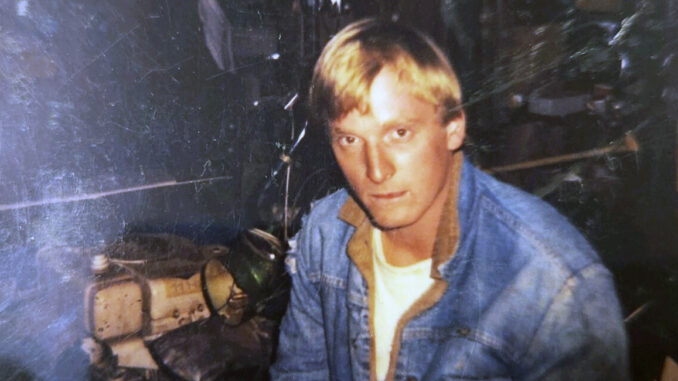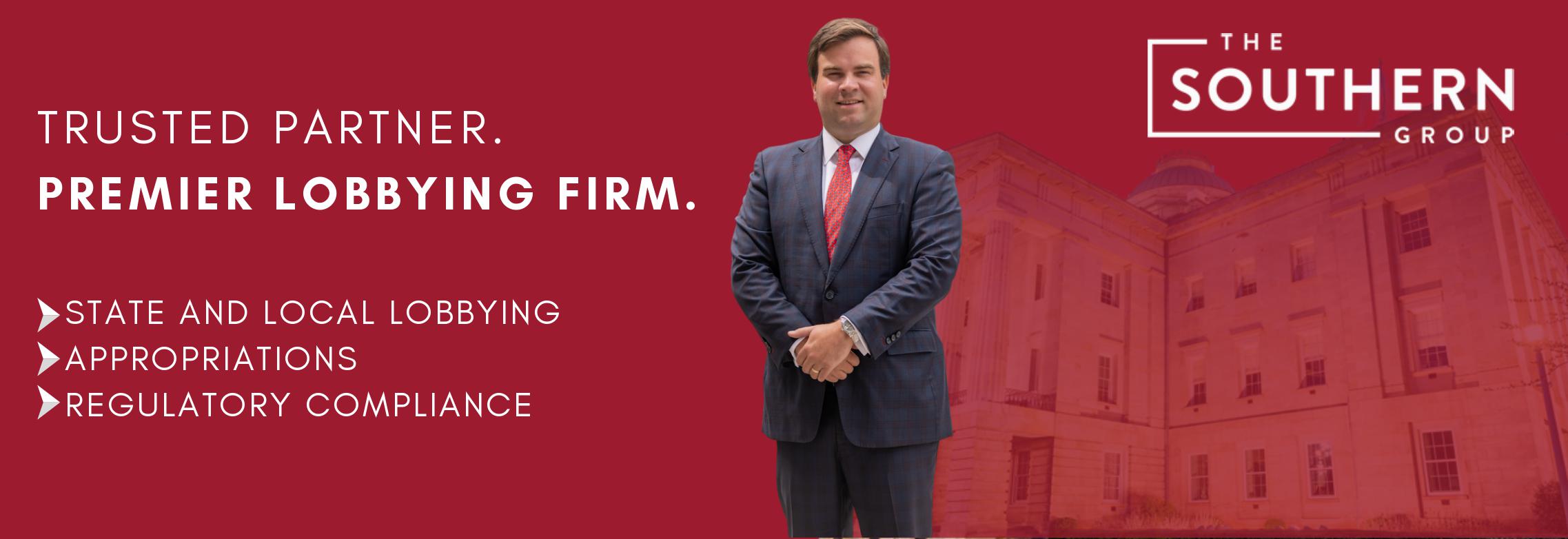


This is the second story in a five-week series on the life and career of outgoing North Carolina Treasurer Dale Folwell. Read Part 1 here.
RALEIGH — As Dale Folwell entered adulthood, he had already successfully held several jobs in diverse blue-collar fields, from trash collection and factory work to being a motorcycle racing mechanic.
But one thing was holding him back: education.
“(I was) making my living with my hands and my back and my feet — and I was really good at that — but I had a change in my heart about the need to educate my mind,” Folwell said.
Folwell returned to school in the spring of 1981, attending classes at UNC Greensboro while adding summer classes at Winston-Salem State.
“I’ll never forget calling the roll in my fiction class in 1981 and looking up and seeing the likes of a person that I thought I’d never see in a college classroom. He looked like he had just crawled out of a ditch,” one of his professors, famous North Carolina author and O. Henry Magazine founder Jim Clark, told Folwell 25 years later.
“This was because I was taking 16 credit hours this semester and I was working 70 hours a week and driving back and forth to Winston-Salem,” Folwell said. He said he was sometimes so exhausted he would forget to put his name on his papers when he turned them in, with the grease stains from his work the only indicator his teachers had.
While working and going to school, Folwell lived in a garage in Greensboro.
“It was a barter. I was working on the guy’s son’s motorcycle in exchange for a piece of foam rubber (to sleep on), a side door to a garage and a light bulb with a string on it,” Folwell said.
Despite having the lowest GPA in his business school, Folwell persevered.
He said he had the help of plenty of mentors and received a wealth of advice during his education. At one job event, Food Lion founder Ralph Ketner told him, “Don’t let anyone ever tell you what you can accomplish in this world.”
Folwell also said there were several instances where people gave him opportunities that would change his trajectory.
“I graduated undergrad in ’84 and I walked into the Southern Bank — Southern National — and asked for a $12,118 loan, unsecured,” Folwell said of the loan he sought to help him financially while he studied for the CPA exam. “My dad was nowhere around. My mom’s credit was so poor that she could not get a checking account.”
When the bank manager asked what he wanted the loan for, Folwell laid out its use.
“If I can get this loan, $500 of it is for a CPA review class,” he recalled. “I’m going to live on $20 a week. This is what my mortgage is. These are what my expenses are, and this is what it costs to sit for the CPA exam. And I think if I can just study for the CPA exam that I can do well on it because this was my only shot, given my background and my grade point average.”
The result?
“He gave it to me,” Folwell said. “He gave it to me because I had cleaned his toilets. I had pumped gas in his car. I had cut bolts of cloth for his wife at Peace Goods shop. I had washed his dishes at Mayberry’s. I had cooked for him at Mayberry’s. So he had seen me evolve for half my life.”
Folwell’s blue-collar experience also helped him elsewhere.
He said the woman managing the local law school library gave him a place to study for his exam because she recognized him from delivering newspapers more than a decade earlier.
The loan and Folwell’s studying paid off.
“When the results came back in the summer of ’84, I was the only one from UNCG who passed all four parts on the first sitting,” Folwell said with a slight smile. “I’m not saying that to draw attention to the score. I’m saying that to draw attention to the people who gave me the benefit of the doubt to put me in a position to score like that.”
Folwell said the firms who had been doing interviews with CPA students called his school and asked for the list of which graduates passed the CPA exam in their first attempt. Folwell, recalling the story with a laugh, said the dean of the business school responded by telling the firms there was only one name, and it was “the only guy you didn’t invite to your reception.”
After securing his undergraduate degree in 3½ years and passing the CPA exam, Folwell pursued a master’s in accounting, which was a new offering at the time. He then went into the financial investments business, setting up what would become a life in public service.




